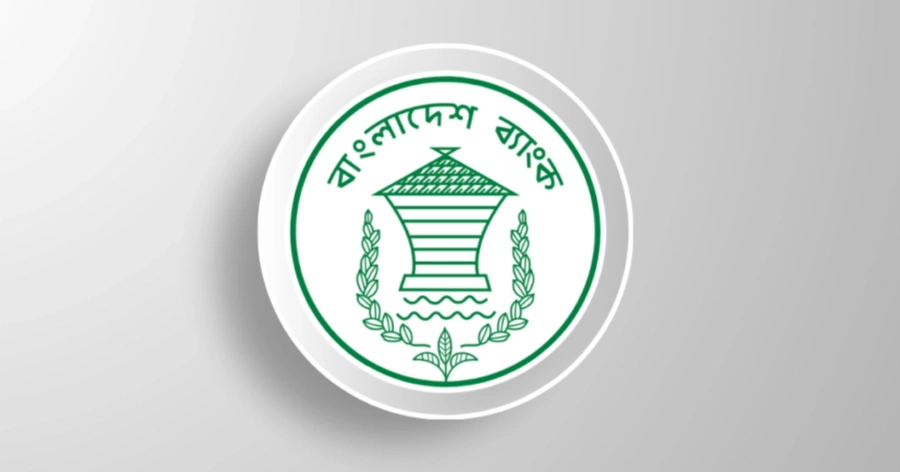Bangladesh Bank has reported a record operating profit of Tk 30,000 crore in FY 25, marking an increase of nearly Tk 6,000 crore from the previous year.
The profit figures, mentioned in Bangladesh Bank’s annual report for 2024-25, have been confirmed by the central bank’s Accounts and Budgeting Department.
The results will be presented for board approval at Tuesday’s meeting, according to BB Spokesperson and Executive Director Md Arief Hossain Khan.
This surge is largely attributed to aggressive monetary tightening, with policy rate hikes significantly boosting the central bank’s interest income.
To curb inflation, the central bank raised its policy rate to 10 percent in October 2024, following a series of 11 hikes that began in May 2022.
These adjustments increased borrowing costs across the banking system, placing pressure on businesses and consumers. However, officials argue that the hikes were crucial in restoring price stability in the face of rising inflation.
Despite inflation averaging 8.55 percent in July, Governor Ahsan H. Mansur has signaled a potential reduction in the policy rate to 8 percent in September, should inflation sustainably fall below 7 percent.
This potential cut would be seen as a response to the economic cooling from tight monetary policies, but also as an effort to support economic growth.
Although profit-making is not the central bank’s formal mission, its operations generate substantial income. According to BB officials, the central bank’s earnings come from multiple channels, including interest charged on repo and special repo loans to banks, excess liquidity absorption through reverse repo operations, and the active management of the country’s foreign exchange reserves.
By buying and selling foreign currency based on policy needs, the bank not only stabilizes markets but also secures additional revenue. These tools, initially designed for monetary control, have also significantly contributed to the bank’s profitability.
The profit surge is particularly significant at a time when Bangladesh’s monetary policy has been under intense scrutiny. Despite some pushback from business groups seeking lower borrowing costs, the central bank’s strong performance underpins its credibility in defending its tight monetary stance.
The September review of the policy rate will be a pivotal moment, as a potential reduction could reshape both bank profitability and credit conditions, with significant implications for investment and growth.
While the record profit demonstrates the central bank’s ability to effectively manage monetary policy, analysts warn of the challenges that lie ahead.
Economic analyst Md. Mazedul Haque told TIMES of Bangladesh, “While higher interest income has driven unprecedented profits, the real test will be whether sustained monetary tightening can anchor inflation without stifling private sector growth.”


